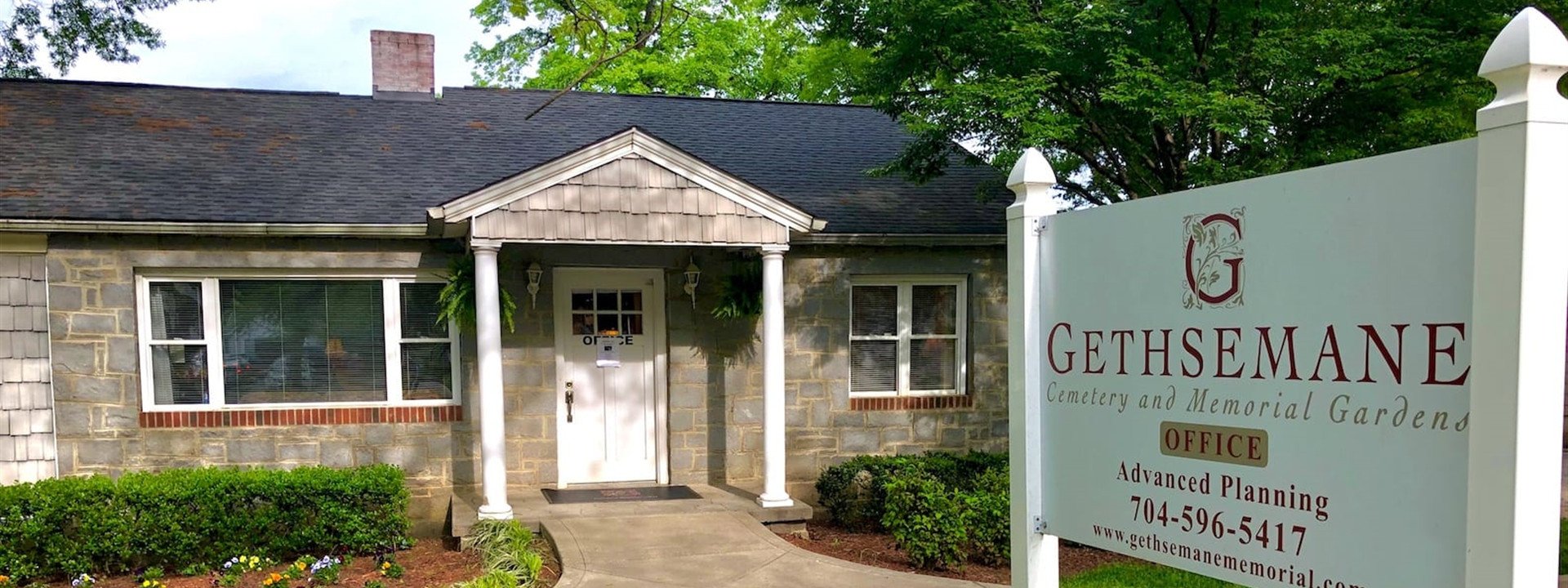Monthly Archives: November 2021
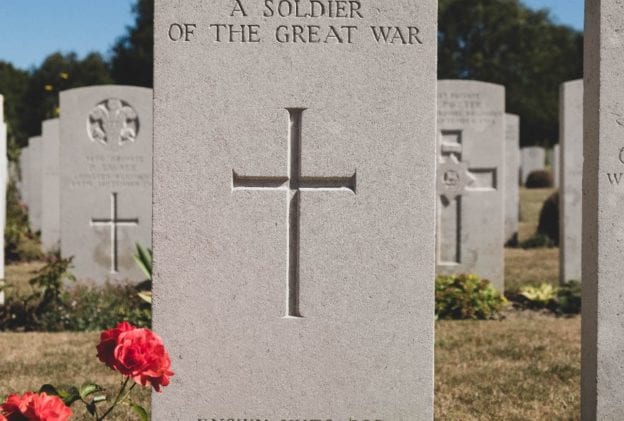
Cemeteries and Millennials
If you’re a millennial or in a similar young age group, you probably haven’t and don’t want to think about funeral or cemetery planning. We don’t blame you – even people that aren’t as young as you don’t want to think about their passing. But you need to spend time thinking about what you want for a service at a cemetery in Charlotte, NC as preplanning is very important. So, what do you do? How do you get started?
These tips can help:
- Save Some Money – Millennials are also looking to save money on funeral expenses, like caskets. Yes, some caskets are expensive. But there are tons of other options that are much more budget friendly. Your funeral director can advise you on the best one to choose for your needs and budget.
- Choose a Funeral Home– The very first step is to choose a funeral home, as someone will need to prepare your remains for disposition, handle your service, and even be a place to hold your service. Do some research on local funeral homes to learn about their prices, services, beliefs, and offerings. This way you can find one that has what you need and want.
- Doesn’t Have to be Religious – Younger generations are also moving away from funeral and memorial services, as many people think that funerals and memorials are strictly religious events. While funerals can certainly be religious, they don’t have to be. You can choose to have a non-traditional memorial service that isn’t religious or hire a funeral celebrant to lead a non-religious funeral. Your funeral service can be anything you want it to. Do you love golf? You can have a celebrant focus on your golf game. Are you a huge flower lover? Cover your funeral in flowers.
- Check Prices – In addition to using Google, Yelp and other websites to help you find a good funeral home you can also check the funeral home’s actual website to get a good idea of pricing. Funeral homes are required by law to provide clear and accurate prices for all of their services so you can get a good idea of what’s available and how much it will cost before you event step foot into a funeral home.
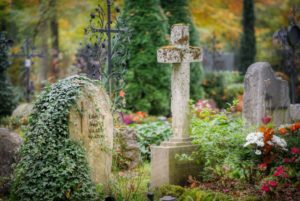
- What About Disposition? – More and more people, especially younger generations, are choosing cremation over burial as, to them, burial is a waste of space, money and time. In fact, the National Funeral Directors Association reports that more than half of the dispositions in the USA these days are cremations. But what do you want? Do you want to be buried? Cremated? You can still have a traditional funeral service if you want to be cremated, or you can have a non-traditional memorial service even if you want to be buried. It’s totally up to you! Your funeral director can help you determine what you want done with your remains before, at, and after the service.
If you want more help just in get in touch with Gethsemane Cemetery and Memorial Garden, a Charlotte, NC cemetery, to learn more about preplanning and our services. After all, planning your funeral doesn’t have to be stressful or painful with these tips.
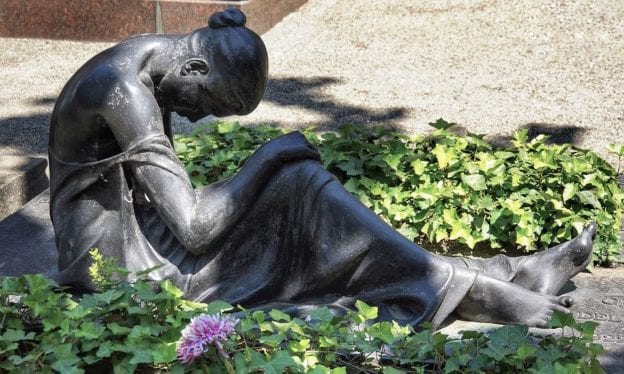
Grief Podcasts for After Cremation Services
Losing a loved one isn’t and will never be easy. While we all deal with grief in different ways, sometimes it can get away from you and become too much to handle all on your own after a loved one’s service at a cemetery in Matthews, NC. How do you know if your grief is too much? And what can you do about it?
While everyone’s grief can look a bit different, there are a few warning signs that ring true for everyone if grief is becoming too much. For example, an inability to move on, or the loss of enjoyment is a bad sign. You shouldn’t stop living your life completely during grief. You’re still allowed to pursue your interests and goals. If your grief is preventing you from pursuing activities that you enjoy, or enjoying things you normally would, you may just need help finding your way forward.
Avoiding time with loved ones isn’t always good, either. Sometimes it’s easier to process grief on our own, but it’s also important to be with loved ones. If you find yourself consistently avoiding other people, you should consider getting some help with your grief. Another example is apprehension of new relationships due to the fear of loss. However, in order to move forward and continue to grow, we must forge new relationships. You might also need a bit of extra help if you find yourself getting lost in escapism in having an inability to continue normal activities. Staying busy or trying to escape to avoid feeling sad is not a long-term solution. Eventually, you will need to face your feelings.
But what can you do about this grief? Many people that are grieving find it very helpful to listen to grief podcasts as they are easily accessible and provide bereaved support and community in a very convenient way.
Whether you’re looking for more causal listening or are hoping for expert advice, there are tons of helpful grief podcasts available on Spotify, such as The Mindfulness & Grief Podcast by Heather Stang. Heather Stang has a Master’s in death, dying and bereavement, called thanatology. This degree gives her a unique perspective to grief and can help listeners deal with hard emotions, encourage self-care and compassion, and honor what is left of the deceased. There’s also Good Grief by Blake Kasemeier. Blake lost her mother to lung cancer and then started Good Grief to help other people through their own losses and mourning journeys.
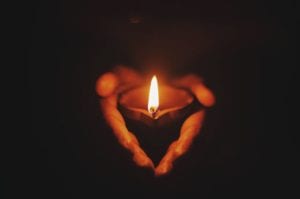 What’s Your Grief is by Eleanor Haley and Litsa Williams. Hosted by two mental health professionals, this podcast discusses the gamut of grief-related topics. Grief Out Loud is by The Dougy Center. Hosted by a clinical social worker, Grief Out Loud talks about the most commonly avoided topics regarding grief. And finally, Grief/Relief by Moe Provencher isn’t hosted by a professional and is geared more towards real people sharing real parts of their lives and grief to help normalize the topic.
What’s Your Grief is by Eleanor Haley and Litsa Williams. Hosted by two mental health professionals, this podcast discusses the gamut of grief-related topics. Grief Out Loud is by The Dougy Center. Hosted by a clinical social worker, Grief Out Loud talks about the most commonly avoided topics regarding grief. And finally, Grief/Relief by Moe Provencher isn’t hosted by a professional and is geared more towards real people sharing real parts of their lives and grief to help normalize the topic.
Gethsemane Cemetery and Memorial Garden is here to help if you have more questions on grief or would like to learn more about Matthews, NC cemeteries. Call or visit us today.
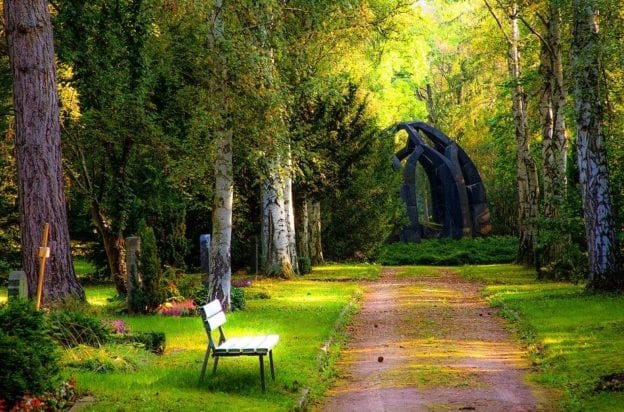
Pre-Need and At-Need Planning
You might have heard the phrases, “at-need services” and “pre-need services” when discussing funerals, cremations, and cemeteries in Huntersville, NC. However, there is a good chance that, like many others, you don’t really know what they mean. Keep reading to find out.
To begin, both “at-need” and “pre-need” describe when services are offered. At-need funeral or cremation services are offered to families “at the time of need.” In other words, at-need services are for after a death has already occurred. Pre-need funeral or cremation services are offered to individuals who are planning ahead or are making funeral or cremation planning decisions prior to their passing.
At-need funeral services are used in two situations: in the event of a sudden, unexpected death or when a family or individual has decided to wait until the time of death to make funeral plans. In both situations the deceased and the bereaved have not made plans in advance of the death. At-need services are also not selected by the deceased, but instead by the surviving next of kin or family members of the deceased. Pre-need services are selected by an individual before their time of death. Sometimes people choose to preplan far in advance when they are making plans for their will or estate, but in other cases people can preplan closer to their time of death.
While both at-needs and pre-needs cremation services can have benefits and negatives, and sometimes at-needs services are unavoidable if the death was unexpected, many argue that pre-needs services are much better. There are many reasons why pre-need planning is good, such as helping you uphold your self-reliance.
Taking charge of your funeral or memorial service allows you to maintain control and independence when you might otherwise lose them. This is good for your mental health at the end of your life and gives you more self-reliance. Funeral and memorial services are an important part of the grieving process, but your loved ones might miss out on the important benefits if they are too busy planning the event. Preplan so they don’t have to. Make sure you get the exact funeral or cremation you want by taking care of the details and clearly laying them out for your friends and family.
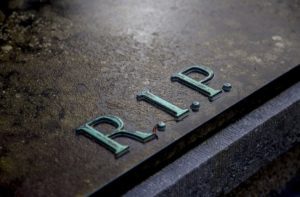 This way they won’t be able to argue or disagree. You can also plan for how to cover the funeral or cremation costs in advance to make it easier for your family’s bank accounts and stress levels. Look into cremation insurance or funeral trusts to help ensure financial ease. Finally, they help with lessening your family’s load. Let your family know exactly what you want for your cremation so they don’t have to guess what to do after you’re gone, or spend time making painful decisions when they should be grieving with loved ones.
This way they won’t be able to argue or disagree. You can also plan for how to cover the funeral or cremation costs in advance to make it easier for your family’s bank accounts and stress levels. Look into cremation insurance or funeral trusts to help ensure financial ease. Finally, they help with lessening your family’s load. Let your family know exactly what you want for your cremation so they don’t have to guess what to do after you’re gone, or spend time making painful decisions when they should be grieving with loved ones.
If you want to learn more about Huntersville, NC cemeteries or at-need and pre-need planning, just get in touch with Gethsemane Cemetery and Memorial Garden. Please stop by and visit us or give us a call today.
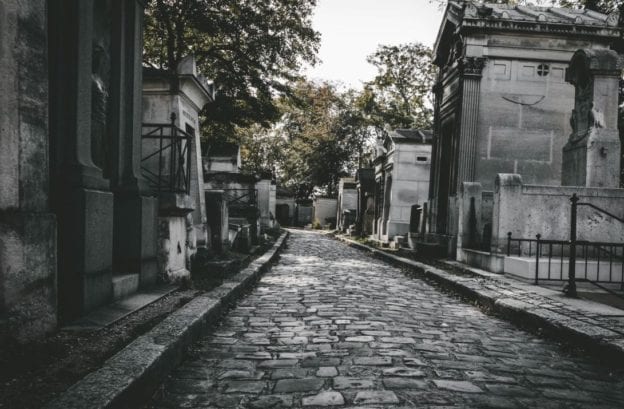
All About Body Donation Before a Burial
Organ and tissue donation give the gift of life, sight, and health every single day, and make excellent precursors to burials at cemeteries in Charlotte, NC. According to national statistics, about 115,000 people in the United States are waiting for a life-saving transplant right now, and about 20 people die every day while waiting for an organ. Plus, there are countless other diseases, infections and conditions that kill because we don’t know enough about how to treat or cure them.
Depending on your preferences, needs and specific circumstances, you can choose to donate your whole body or your organs and tissues, as body donations can be used for both science and life-giving organ donations. Organ and tissue donation focus on recovering specific tissues and organs for the purpose of gifting them to people waiting on transplant lists. One organ donor can save up to eight people and one tissue donor can save up to 50 people.
Organ and tissue donation don’t prevent the bereaved from having a cremation or funeral after the donation, though the exact cause and circumstances of the death and organ donation might impact the timing of any funeral or cremation service arrangements. The United Network for Organ Sharing (UNOS) is in charge of organizing and distributing organs and tissues across the United States. Donated tissues and organs are removed from the original body by surgeons and then given to the new body.
If you would like to register as an organ and/or tissue donor you need to contact your state UNOS outpost or associated institution online or by the phone. Many registries require the donation of many kinds of organs from eyes and tissues to hearts, lungs and more. You can choose to be both an organ and tissue donor and a whole-body donor. If you choose this route, any needed organs and tissues will be removed and then the body will be sent to a chosen institution.
Whole body donation is when the entire body is donated to be used in medical training, scientific research, or mortuary science training. While not as outwardly glamorous or heroic as donating organs or tissue to a dying person, whole body donation still saves likes as it helps medical students learn more about anatomy and disease and provides researchers with the opportunity to explore medical conditions and diseases.
Both of these can lead to thousands of saved lives in the future as they help educate the future leaders of medicine and determine how diseases and conditions can be treated or cured.
 It’s important to make arrangements with an institute in advance in order to donate your whole body to medical or mortuary science. There are barely any out-of-pocket costs associated with whole body donation, and, oftentimes, your remains will be returned to our family once they are no longer needed. Generally, the remains are cremated at the institution and then the ashes are sent back to the family for final disposition.
It’s important to make arrangements with an institute in advance in order to donate your whole body to medical or mortuary science. There are barely any out-of-pocket costs associated with whole body donation, and, oftentimes, your remains will be returned to our family once they are no longer needed. Generally, the remains are cremated at the institution and then the ashes are sent back to the family for final disposition.
Gethsemane Cemetery and Memorial Garden is here to help if you want to learn more about donation or Charlotte, NC cemeteries.

